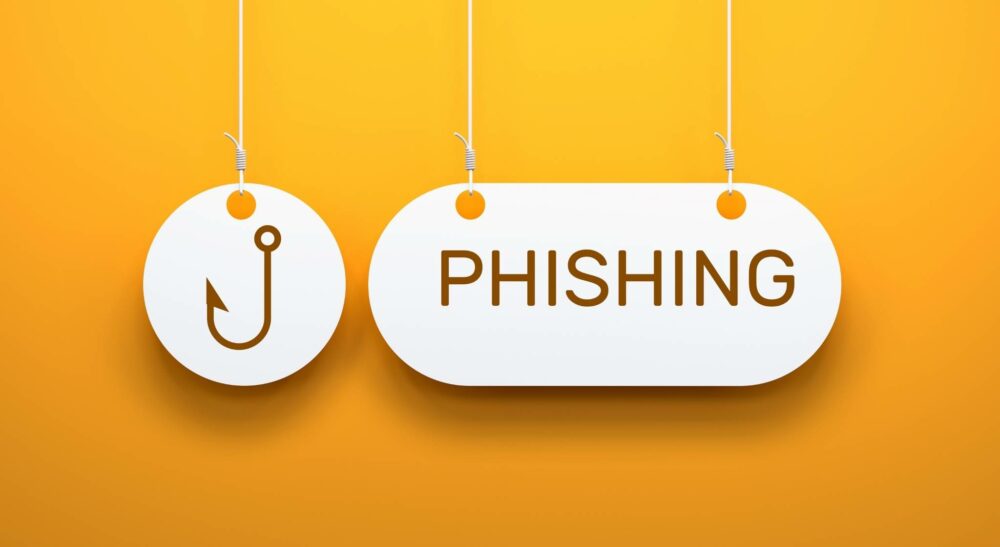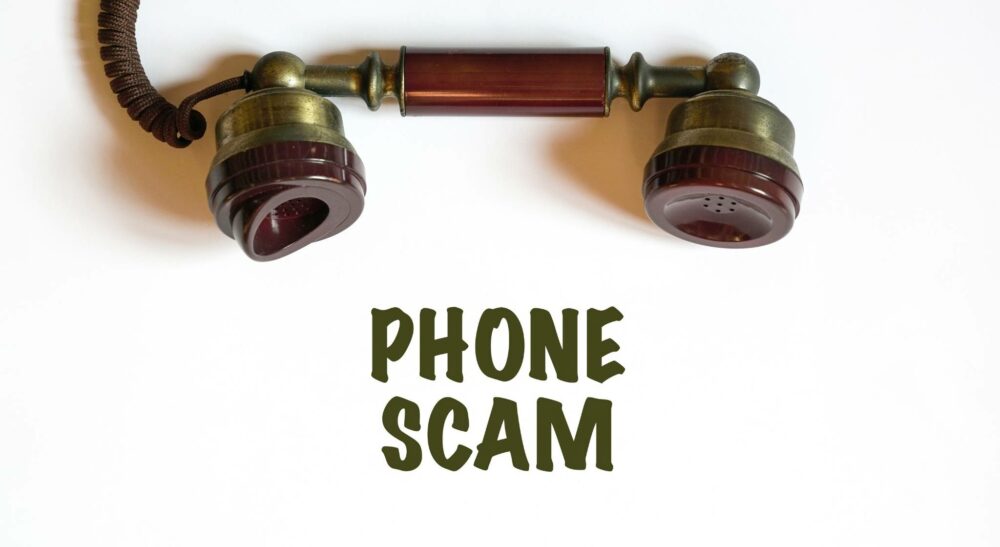Did You Know That Vermont is The Second-Least “Catfish Scammed” State

In the last five years, romance scandals have produced $1.3 billion in losses, more than any other FTC fraud category.
In 2014, the Oxford English Dictionary added the verb “catfish,” which means “to lure (someone) into a relationship by developing a fictitious online persona.” The 2010 documentary “Catfish” is credited with coining the name. The term was popularized by MTV’s unscripted TV show of the same name, which was an internet investigation into relationships based on false identities.
Are You at Risk of a Romance Scam?
Catfishing has become an accepted element of our English language after twelve years. Catfishing is done in a variety of ways to take advantage of those looking for human connection.
Unwitting victims believe they are forming a genuine romantic relationship with an internet individual who gradually develops their trust before requesting money. While romantic frauds have been around for a while, catfishing has recently gained national attention. Netflix documentary “The Tinder Swindler.”
However, for many of the victims of 2021, new public awareness may be too little, too late. According to the federal commerce commission, romance scammers lost $547 million last year, a rise of 80% from 2020.
DO YOU NEED EXPERT ADVICE?
We have encountered victims who were mentally and emotionally drained when they were scammed out of their money.
We can help you with your legal and technical concerns and we can help you get your money back.
Which States Are Riskier When It Comes To Catfish Scams?
The website Social Catfish, which is committed to eliminating identity fraud in dating applications, has some fascinating data on romance scamming. Romantic scams tend to follow demographic figures, as evidenced by their table of US states sorted by money lost.
California leads the list in 2021, with over 3,000 casualties and a total loss of $184 million. That’s more than twice as much as the second-place finisher, Florida, which suffered roughly $70 million in damages from 1,738 victims. Texas was next, with 1,752 victims and roughly $65 million in romance scandals. Maine was last on the list, losing $386,894, Vermont lost $528,709, and DC lost $861,723.
Given that California, Florida, and Texas are the most densely populated states, it is reasonable to believe that this is the primary cause of their decline. So, it makes no difference where you reside.
Catfish scams on dating apps are also frequently found overseas, thanks to a feature that allows users to date people from all over the world. According to research by SocialCatfish.com, Vermonters lost less money to romance scams (also known as ‘catfishing’) than nearly any other state, but 43 victims in Vermont lost $528,709 in total. In Vermont, the average victim lost $12,296. Only Maine residents lost less money to catfish con artists, $386,894, which is expected considering the states’ modest populations. The District of Columbia ($861,723), New Hampshire ($1 million), and Arkansas ($1.2 million) rounded out the top five least catfished states or districts.
According to the Vermont Attorney General’s Office, romance scams increased by 36% last year in the “Family Emergency/Imposter” category. Romance scams can take years and deplete a victim’s entire life resources. If you’ve been a victim of a romance scam then contact us to help you get your money back!

Catfish Scams Are Becoming More Prevalent on Social Media Applications
Dating, in any case, is fickle and benefits the adaptable. In the world of online dating, though, a key error on Tinder or Bumble might cost you thousands of dollars. Here are some creative ways that catfish are defrauding potential boyfriends.
You may prevent all of them by refusing to transmit money or personal information to someone you’ve never met in person.
This usually involves using the victim’s bank details to undertake money laundering on their behalf rather than taking the victim’s money. The criminal will persuade a romantic interest that his foreign family is in desperate need of money but that they require a bank account to transmit money. They then send money to the victim’s bank accounts and other locations, exposing them to a money-laundering operation.
Untraceable digital cash, bitcoin, is a scammer’s dream. In 2021, the FBI forecasted that cryptocurrency-based romance scams would cost $429 million. Catfishers will reveal their victims’ online status and funds in order to expose their in-depth crypto expertise and persuade them to invest their money in a dodgy crypto company. It’s possible that their money will never be seen again.

Teens on Tiktok – Juveniles are notorious for being fragile and naive, which is a scammer’s preferred trait in their victim. Scammers are using phony profiles and stolen profile images to catfish young and influential kids on social media, a typical approach utilized across all platforms.
Influencers on social media Catfishers have long targeted attractive, sophisticated persons for photo theft, but they are increasingly openly posing as social media influencers. So consider twice if you get a bomb DM from your favorite blogger or YouTube star.
Scam with gift cards — Scammers use gift cards because they are a non-renewable currency that may be converted to cash in a variety of ways. Gift cards are requested by scammers since they are safer for them than checking someone’s routing and account numbers.
Sextortion -Sextortion happens when an online romantic interest, whether by charms or hacking, receives naked or provocative images and threatens to leave if their demands are not met.
Avoiding Catfish Romance Scams: Tips and Tricks
The FBI and the Federal Trade Commission advise people to be cautious while dating online and to thoroughly investigate each match. Check out these helpful hints to make sure your property doesn’t end up on next year’s Internet crime list.
Be careful what you post on your social media accounts. Scammers research your likes and activities in order to generate a romantic interest that would warm your heart. Examine the social media profiles of each love interest. If they have legitimate images and hobbies, but their profile was created in the last year, and they have few followers, they are most likely scammers. To see if their photographs appear elsewhere on the web, use a reverse image search engine.
Excuses are a major red flag when it comes to online dating. Dating and communication will be prioritized by those seeking genuine connections. It’s time to start swiping again if someone is continuously creating reasons not to video chat or meet in person.
Scammers frequently use poor grammar; however, it is not characteristic of them. Many scammers work out of other countries, utilizing either English as a second language or a translation program.
Never give someone you haven’t met in person money, personal information, or explicit images.
For more information on scam prevention please visit https://ezchargeback.com/
Sources
Find Related News
Subscribe to Our Newsletter

Scam Recovery Resources
How to Avoid Bidding on Online Scam Auctions
Internet auction fraud involves fake advertisements on auction sites such as eBay or Gumtree. The vendor is either selling items that do not exist or is selling the same article to everyone who bid on the item, saying that the person who won the auction no longer wants the goods and that they are the next highest bidder.
Alert | Crypto-TRADE360 Online Review: Is it Legit or a Scam
The fact that this company and Huttencfxltd.com have a very similar company overview is somewhat alarming and point to signs that these two companies are part of a bigger suspicious and unreliable network looking to take advantage of beginner investors.
CFDs100
The most common indication of a broker scam or a Forex trading scam is that the broker is either unregulated or has a low-quality regulatory license. CFD Scams are becoming increasingly common, which is extremely dangerous – due to this, investors need to be aware of which companies to avoid in the CFD market.
Brokers & Binary Options Scams to Look Out For in 2022
Brokers & Binary Options Scams to Look Out For in 2022 The following article that you are about to begin reading is probably something essential
Funds Trace
Trading in the foreign currency market is always risky, and if your funds are mismanaged, you could lose money. This is not to say that losing money as a result of mishandled funds is acceptable.
FundTrace is committed to upholding the journalistic standards online, including accuracy. With our news reporting, our policy is to review each issue on a case by case basis, immediately upon becoming aware of a potential error or need for clarification, and to resolve it as quickly as possible.
do you need help?
A lot of those who contact us have questions and concerns about their personal and business data being compromised. We aim to arm you with the legal and technical know-how in the fight against scams. Also, we will be able to refer you to top scam recovery agencies.
Please fill up the form. Rest assured that our support team will get in touch with you










